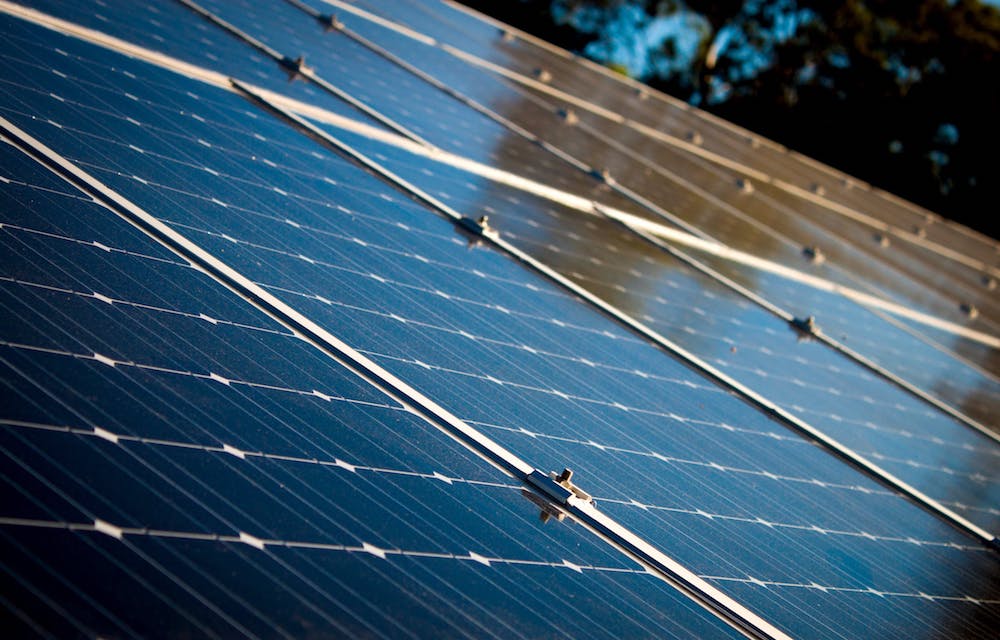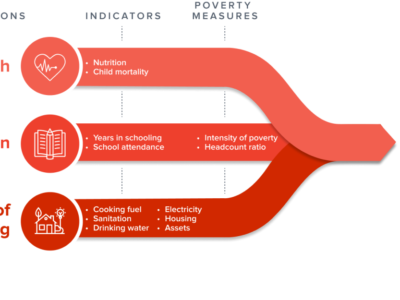In simple terms, Solar Energy is the energy (radiant light and heat) generated by the Sun, harnessed by a range of evolving technologies and consumed by humans, animals, plants and non-living things in different measures. However, there is more to meet the eyes concerning the understanding of this important source of renewable energy and electricity.
Many people have misconceptions about Solar Energy, either because of the functionality of the solar technologies or that people don’t believe in its potential to be one of the main sources of energy and electricity.
Some of the common misconceptions that many people have about solar energy
To help with better information, Lesley Marincola, CEO of Angaza provided her thoughts on some of the common misconceptions that many people have about solar energy. Here are her responses.
- The influx of cheap, low-quality solar products in emerging markets has remained a pervasive problem.
- When a solar product isn’t functioning as intended, the culprit is usually the battery, not the solar panel.
- Even though solar panels are stationary once installed, they still need to be cared for in order to operate at maximum efficiency.
Off-grid families who have invested in low-quality solar products often lose trust in solar because these products tend to break after only several months of use. Luckily, as the energy access industry has matured over the last several years, the importation of many high-quality solar products into many emerging markets has helped to change consumer perception of solar.
The lifespan of solar panels in off-grid lighting products tends to be 20+ years, whereas batteries may have only a 2-5 year lifespan, depending on the battery chemistry. Consumer and distributor education about this common source of product failures — the battery — is important to increase frequency and effectiveness of product repairs and to maintain trust in solar.
Some of the steps that solar panel owners can take include ensuring the panels are not partially or fully shaded during various times during the day, and to frequently clean the panels to remove dirt from the surface that might be blocking the sun’s rays.
Solar energy as a renewable source of energy is particularly useful for families in rural, off-grid areas with no access to electricity who relies on an expensive and inferior source of electricity. With affordable solar energy, these people’s lives can be changed or improved with the benefits that come from harnessing solar energy for consumption.






